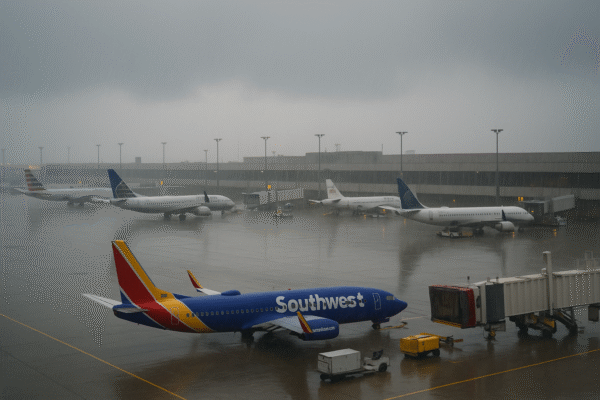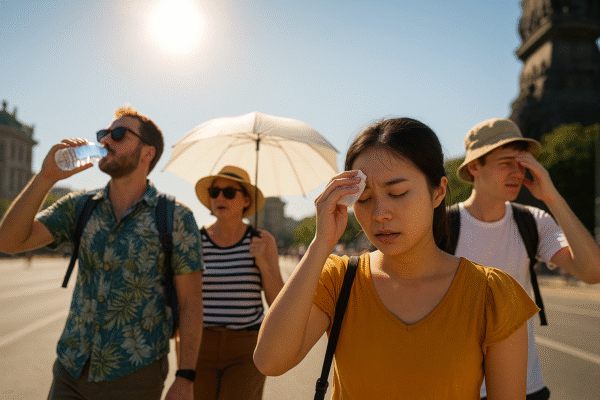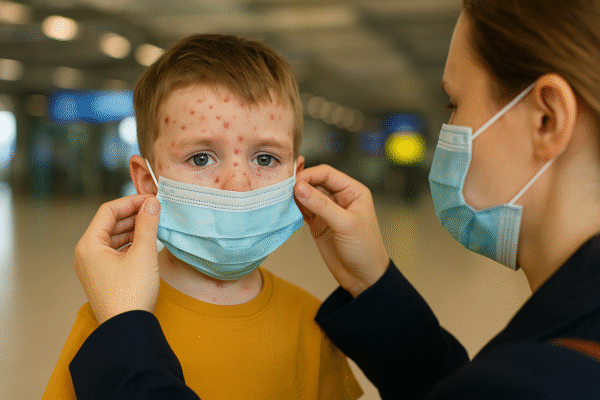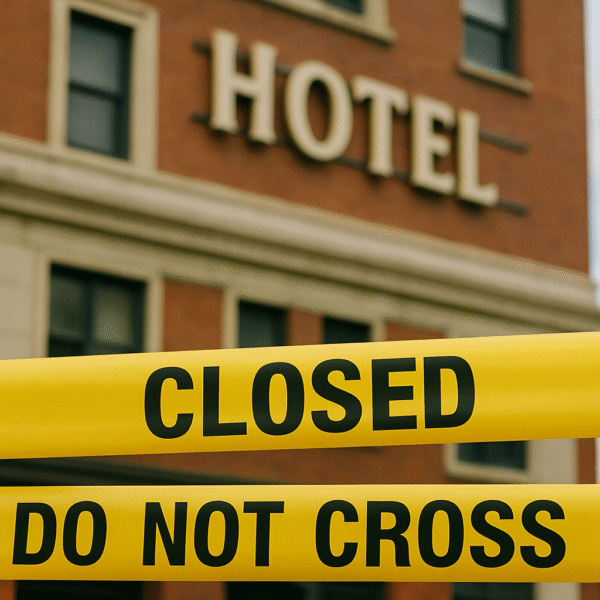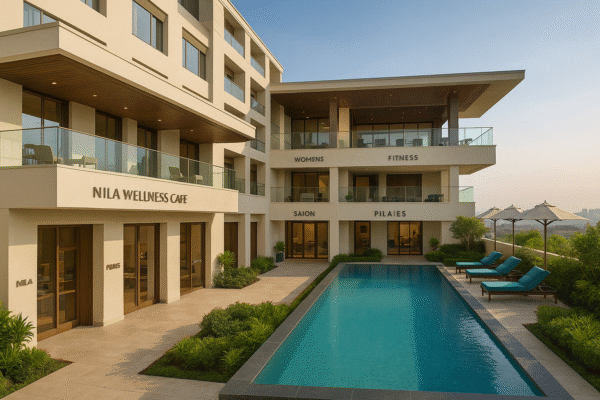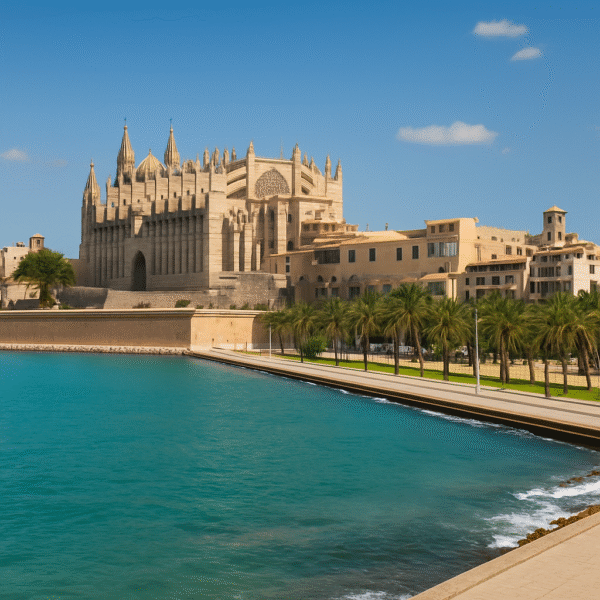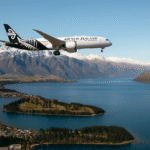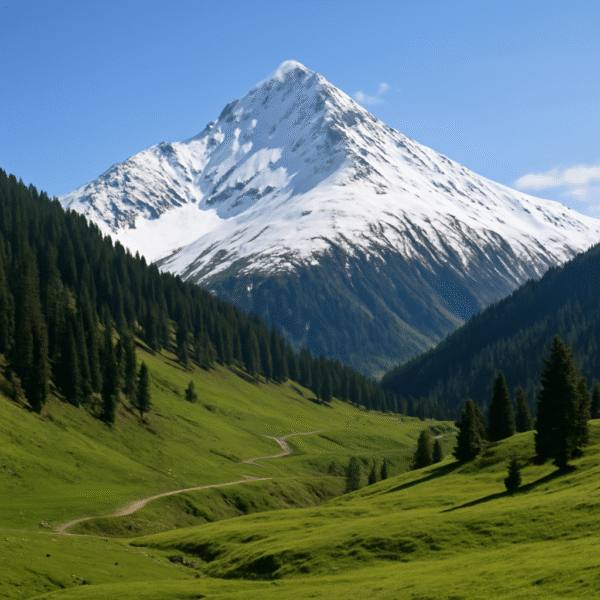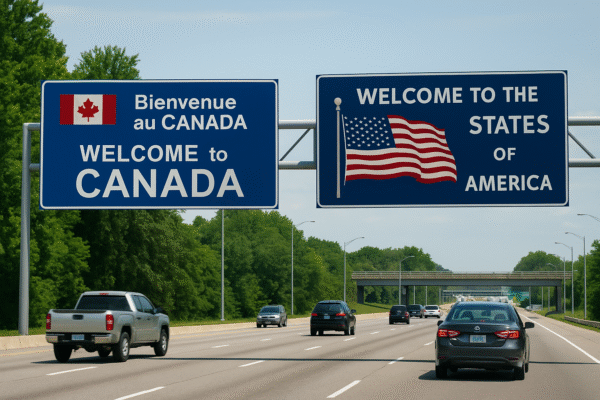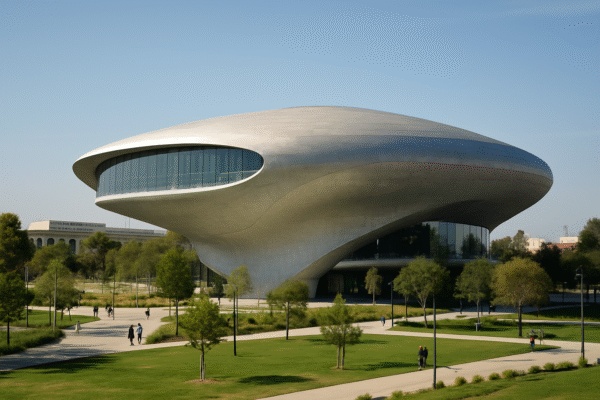Mallorca, one of Spain’s most iconic Mediterranean destinations, is facing a sharp downturn in British tourist arrivals this summer, marking a significant shift in travel dynamics for the Balearic Islands. Known for its sun-soaked beaches, vibrant cultural scene, and buzzing nightlife, the island is now experiencing what local tourism leaders are calling an “unprecedented crisis” in its visitor economy.
Once the backbone of Mallorca’s international tourism, British visitors have historically accounted for over 25% of annual arrivals, with more than 2.4 million UK travelers visiting the island in pre-pandemic years. However, according to the latest data from Instituto Nacional de Estadística (INE) and regional reports, British arrivals have dropped notably this season, causing economic ripples across the hospitality, transport, and retail sectors.
A Sudden Shift in Travel Patterns
The Mallorca Hotel Business Federation (FEHM) reports that popular destinations such as Sóller, Capdepera, and Port de Pollença have experienced a 20–40% reduction in bookings from British tourists compared to the same period last year. Restaurant owners in Sóller, once packed with summer diners, now report empty tables and shortened operating hours. Some have even granted staff unexpected holiday leave due to the lack of clientele—a highly unusual move during peak July and August.
Tour operators and tourism agencies have expressed concern over shifting visitor sentiment. According to insiders, some operators have questioned whether Mallorca has become too overcrowded or inhospitable. This growing perception, coupled with rising holiday costs, flight disruptions, and competition from emerging destinations like Turkey, Albania, and Greece, is pushing British travelers to explore alternatives.
Economic Fallout Across Sectors
The decline is not limited to hospitality. Tour transportation services have reported a 20% drop in bookings, particularly for guided excursions to iconic destinations like Valldemossa and the Tramuntana mountains. Official tourist guides on the island have observed declining demand from not just British travelers but also from American and mainland Spanish tourists.
Local retailers are also reporting sales slumps. According to the Federació de la Petita i Mitjana Empresa de Mallorca (PIMEM), some shops have seen a 10–20% decrease in revenue, citing fewer footfalls from key markets like the UK, Germany, and Asia. Business owners are calling on local authorities to revamp Mallorca’s global image and improve visitor infrastructure to ensure continued attractiveness.
Tourism Still Strong—But Facing Headwinds
Despite the sector-specific struggles, Mallorca’s Tourism Minister has emphasized that overall arrival numbers remain robust. The island continues to attract international travelers, albeit in more fragmented patterns. “We are not in collapse,” the minister said, “but some sectors are definitely feeling the weight of change. It’s a signal that we need to modernize and diversify.”
According to AETIB (Agència d’Estratègia Turística de les Illes Balears), there is still strong performance from Scandinavian, French, and domestic Spanish markets. However, the reliance on seasonal surges—especially from the UK—has exposed vulnerabilities in Mallorca’s tourism model.
Anti-Tourism Sentiment Adds Pressure
Adding fuel to the crisis is the growing anti-tourism sentiment among some local groups. Acts of vandalism and graffiti in Palma de Mallorca and coastal towns have surfaced, targeting tourists and foreign-owned properties. Slogans like “Tourist Go Home” and “Mallorca Is Not For Sale” reflect deepening tensions around housing affordability, overdevelopment, and cultural erosion.
The president of CAEB Restauració, Mallorca’s restaurant and bar association, condemned the attacks, calling them “isolated but harmful” to the island’s global image. She reiterated that tourism remains the economic lifeblood of Mallorca, employing over 120,000 people and contributing more than €16 billion annually to the Balearic economy.
A Sustainable Path Forward
In response to the crisis, the Balearic government is intensifying efforts to pivot toward sustainable tourism models. Measures include encouraging year-round travel, promoting rural and inland destinations, and imposing caps on short-term holiday rentals to preserve local housing markets.
The Sustainable Tourism Tax, introduced in 2016 and now expanded, is being reinvested into heritage conservation, environmental protection, and alternative tourism initiatives. Mallorca’s tourism board is also launching new campaigns that highlight the island’s less-explored regions, cultural heritage, and eco-tourism potential.
Additionally, digital transformation efforts are underway to improve data collection, manage visitor flows, and personalize marketing based on traveler interests. This approach aims to reduce overcrowding in saturated areas and extend economic benefits to overlooked communities.
Rebuilding Mallorca’s Tourism Identity
Tourism leaders agree that the key to long-term resilience lies in rebranding Mallorca not only as a beach getaway but as a destination of cultural richness, sustainability, and community connection. Travelers today are increasingly seeking meaningful, low-impact experiences—a trend Mallorca can embrace by emphasizing its local artisans, historical towns, gastronomy, and nature reserves.
Collaborations with the UK travel sector are also being prioritized. The Balearic Tourism Agency is strengthening ties with major British tour operators and airlines to address misperceptions and ensure competitive offerings remain attractive.
Conclusion
Mallorca stands at a tourism crossroads. While the island remains one of Europe’s top destinations, the sudden drop in British arrivals has exposed the fragility of a sector dependent on seasonal and monocultural travel patterns. The road ahead requires balance—between preserving economic vitality and ensuring livability for residents. With proactive strategies, sustainable tourism policies, and global partnerships, Mallorca can reshape its tourism model to remain competitive, welcoming, and resilient for years to come.
For more travel news like this, keep reading Global Travel Wire




